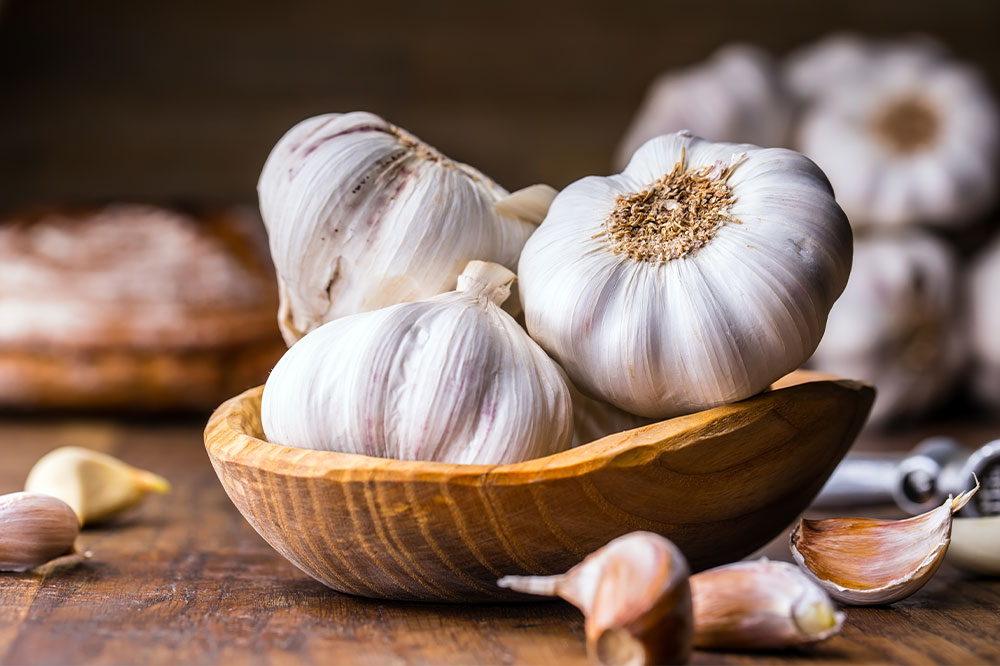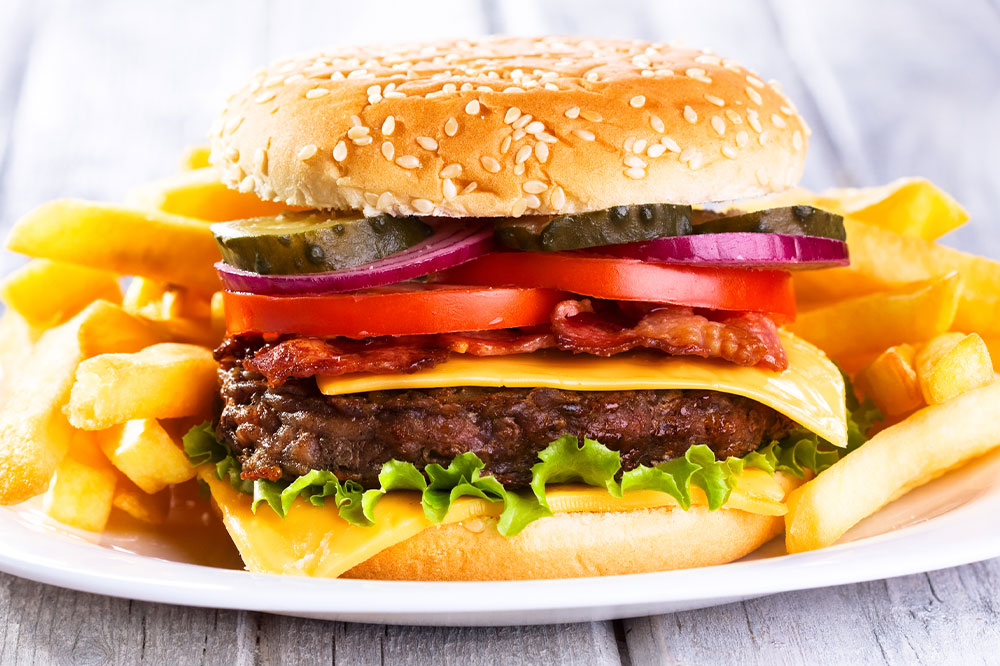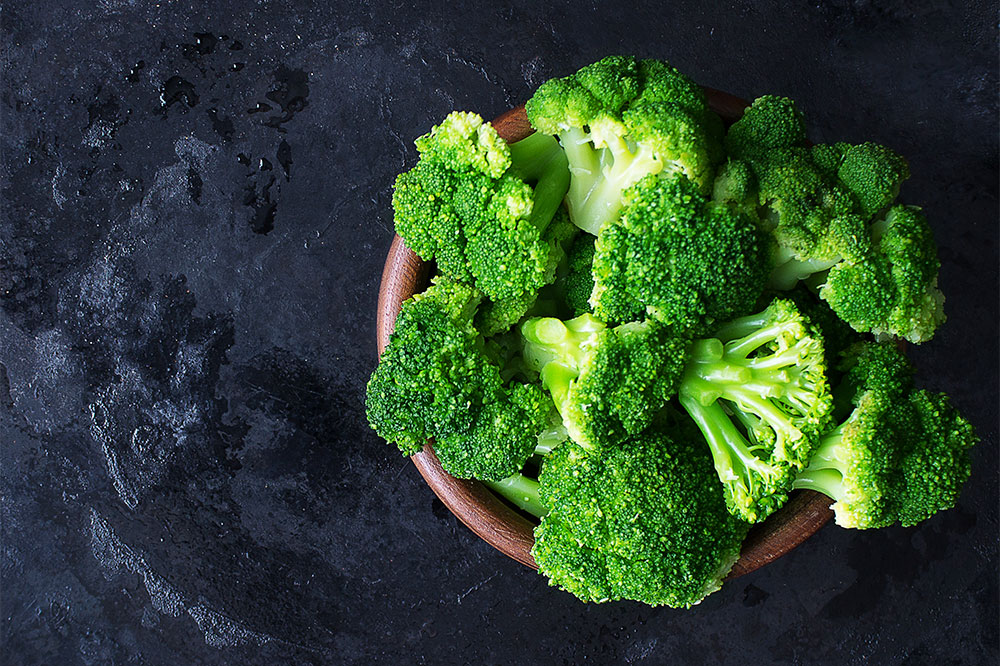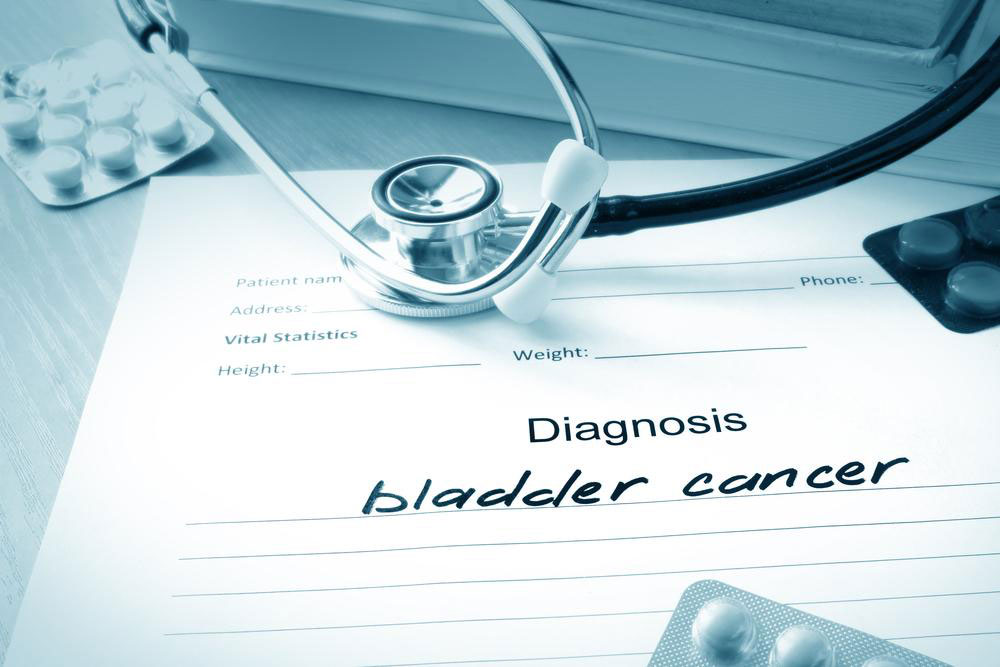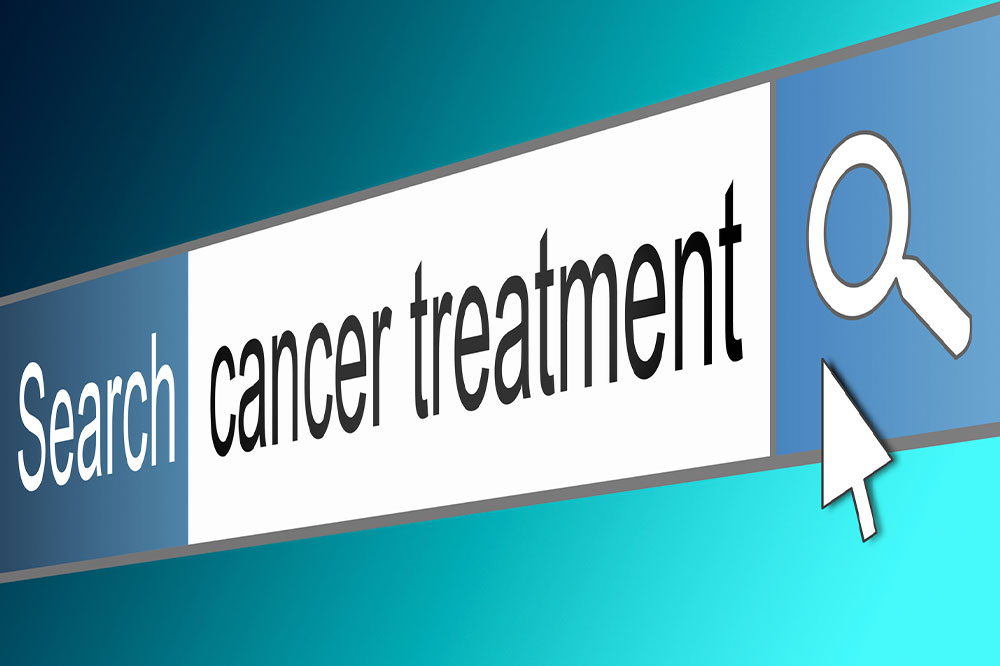Top 7 Nutritional Choices to Lower Cancer Risk
Discover the top seven foods that can help reduce cancer risk, including berries, garlic, tomatoes, grapes, broccoli, apples, and carrots. Learn about current cancer treatments like targeted therapies, radiation, and immunotherapy, highlighting ongoing advancements in cancer care. This informative article emphasizes the importance of nutrition and medical options for proactive health management.
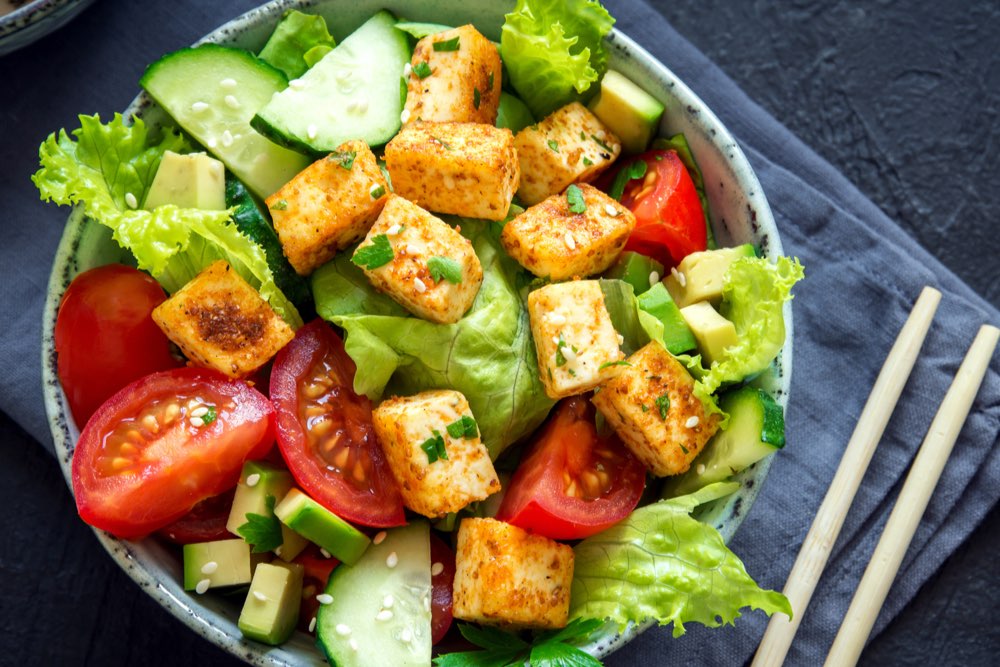
Top 7 Nutritional Choices to Lower Cancer Risk
In today's world, many prepared foods are loaded with unhealthy fats and excess calories, making a balanced diet essential. Consuming the right foods supports overall health, lowers the chances of developing illnesses, and aids in recovery. Specifically, certain vegetables and fruits have been linked to a reduced risk of cancer. While no food can cure the disease, incorporating these options may offer protective benefits. This article also covers some current treatments for cancer.
7 Nutritional Foods for Cancer Prevention
Berries
Blackberries, strawberries, blueberries, and mulberries are packed with vitamin C, folate, potassium, and manganese. Additionally, they contain powerful antioxidants like ellagic, gallic, and chlorogenic acids, which may help prevent cancer.
Garlic
Rich in allicin, garlic has been linked to a lower risk of stomach cancers. Consuming garlic along with onions, leeks, and shallots may contribute to cancer prevention.
Tomatoes
Considered a superfood by many, tomatoes contain lycopene—a potent antioxidant that supports heart health and may reduce several types of cancers. They are also high in vitamins A, C, and E, which bolster the immune system.
Grapes and Citrus
Grapes, along with lemons, limes, and oranges, are associated with a decreased likelihood of cancers of the digestive and respiratory systems, including pancreatic and stomach cancers.
Broccoli and Cruciferous Vegetables
Known for their anti-cancer compounds, cruciferous vegetables like broccoli contain glucosinolates. These substances activate enzymes that detoxify harmful chemicals, reducing cancer risk.
Apples
An apple a day provides fiber, potassium, and vitamin C, supporting cancer prevention and recovery. Potassium also helps mitigate fluid retention during treatments.
Carrots
Carrots are loaded with vitamin A, K, calcium, and beta-carotene—an antioxidant that shields cells from toxins and may slow cancer growth.
Cancer Treatment Strategies
Several innovative therapies are under research to combat different cancer types. For example, Ibrutinib treats certain lymphomas and leukemia by blocking abnormal proteins that promote cancer cell growth. Xofigo® delivers targeted radiation therapy for advanced prostate cancer that has spread to the bones. CAR T-cell therapy modifies immune cells to enhance their ability to attack cancer. Additionally, medicines like Carfilzomib target multiple myeloma by inhibiting tumor cell growth. Researchers are also exploring mRNA technology, monoclonal antibodies, and hormone therapies to improve outcomes. Consulting healthcare professionals is essential for personalized treatment plans.
